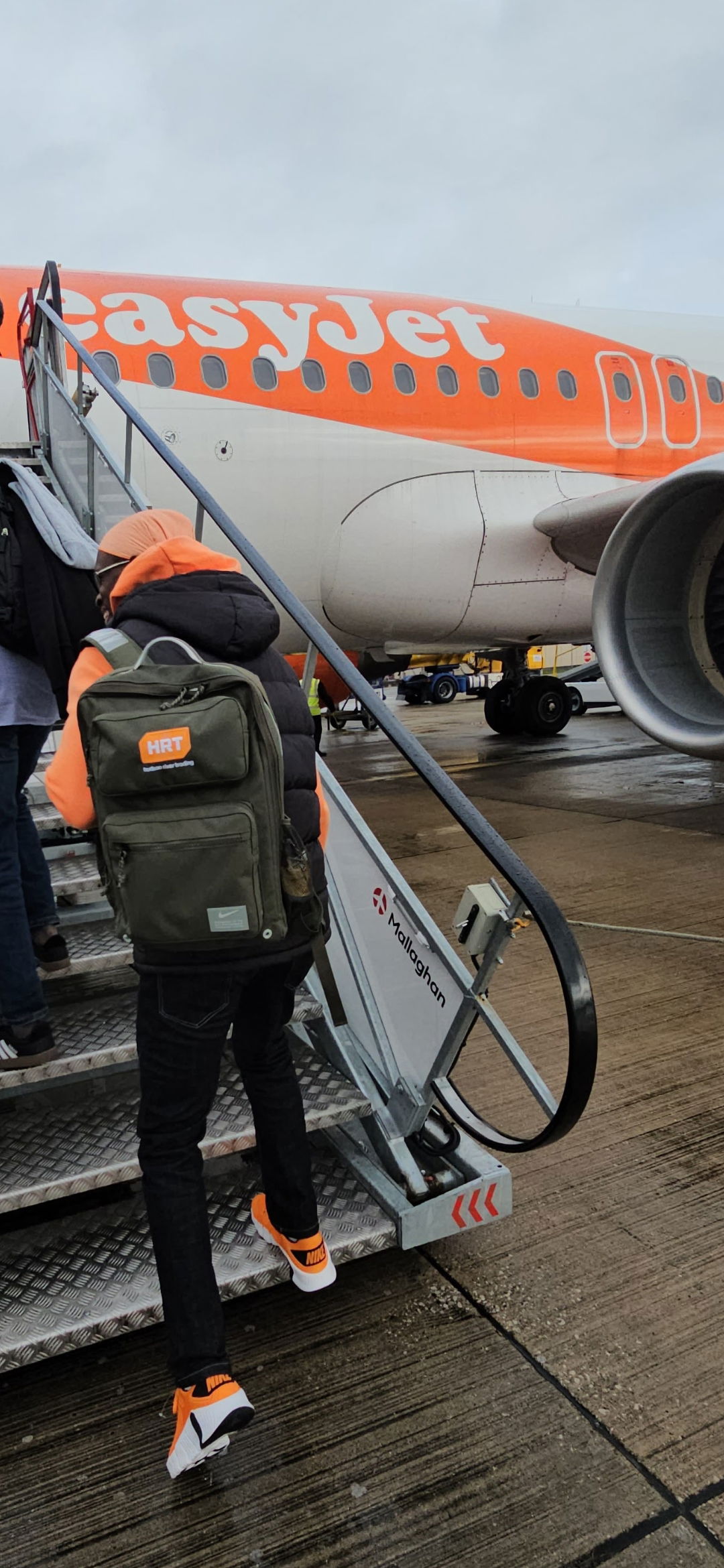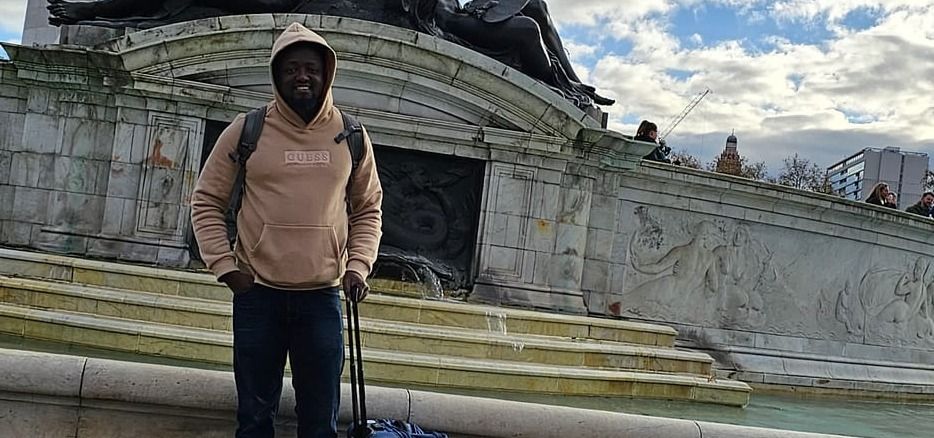THE JAPA DILEMMA: A WORLD TRAVELED NIGERIAN ASKS — IS IT REALLY WORTH IT?

By McDolly Ogundana, popularly known as The9jaboy — the most traveled Nigerian with a Nigerian passport.
A Passport with Many Stamps and Heavy Thoughts
If passports could talk, mine would tell stories that stretch from the streets of Lagos to the alleys of Lisbon, from the cold winds of Canada to the sun of Cape Town. I am The9jaboy — the most traveled Nigerian with a Nigerian passport.
Over the years, I’ve met Nigerians in nearly every corner of the world — doctors in Dublin, students in Cyprus, engineers in Texas, and Uber drivers in Toronto — all with the same origin story: “I had to leave.”

And each time I hear it, I ask myself: is the Japa dream really worth it?
Once Upon a Nigeria That Worked
I grew up surrounded by family. Big, noisy, happy family. Cousins, aunties, in-laws every holiday was a festival. Nobody talked about “traveling abroad.” We had our problems, yes, but we also had peace.
Back in the day, you could build a life in Nigeria without feeling cheated by your country. Crime was low, life was slower, and hope was plenty. In the ’80s and ’90s, those who traveled went for education or experience not escape.
But something changed along the line. The promise of Nigeria began to fade, and “Japa” became a rescue mission.
People are leaving doctors, teachers, tech experts, artisans not because they want to, but because staying feels like dying slowly. Insecurity, inflation, unemployment, and hopelessness have become national epidemics.
We’ve gone from celebrating graduation to celebrating visas. From chasing purpose to chasing passports.
The Human Cost of Migration
But the emotional toll of Japa is rarely discussed. Families are being scattered across time zones. Children are growing up without extended relatives. Elderly parents die without their kids by their side.
I’ve met countless Nigerians who carry silent grief. They send money home every month
yet feel disconnected from everything familiar. Their lives abroad revolve around work, survival, and the occasional guilt trip.
A Family Torn by Distance
Take Jide, a friend whose story mirrors thousands of others. He left Nigeria for Ukraine in 2005, then moved to Ireland due to the war, and now lives in Canada. His eldest sister moved to Australia in 2003, another to Cyprus in 2011, and the youngest to the U.S. in 2016.
Twenty years later, they’ve never reunited. Tickets are expensive, schedules are tight, and visa issues never end. Their family connection now exists through video calls and birthday messages.
This is what Japa does — it solves one problem but creates many invisible ones.
Beyond the Selfie Smiles
Many abroad are silently battling depression and burnout. Some face racism, language barriers, and the constant feeling of being outsiders.
They post bright photos online, masking the fatigue and loneliness that come with life in a foreign land. They can’t complain because everyone back home assumes they’re “living the dream.”
But the reality? The grass is greener — only because someone is watering it endlessly.
A System That Pushes Its Best Away
Our government must take responsibility. Nigerians are not leaving because they lack patriotism. They’re leaving because their country has failed to give them a fighting chance.
Systemic corruption, insecurity, poor education, and collapsing infrastructure have turned Nigeria into a place people love deeply — but can’t survive in.
The exodus has created a massive brain drain, hollowing out our universities, hospitals, and industries. The country bleeds talent daily while leaders debate slogans instead of solutions.
The Emotional Aftermath
Migration is not just a physical journey — it’s an emotional dislocation. Psychologists call it Ulysses Syndrome, describing the chronic stress that migrants endure. It’s the weight of being far from family, culture, and identity.
The price of opportunity abroad often includes loneliness, guilt, and the erosion of family ties. We must talk about that cost — not to shame those who leave, but to understand the full picture.


